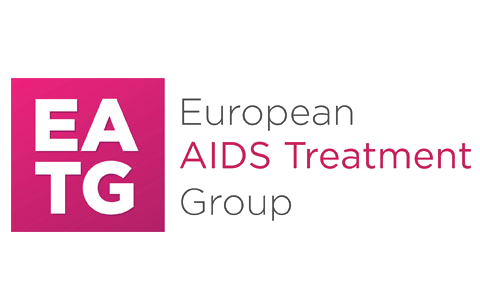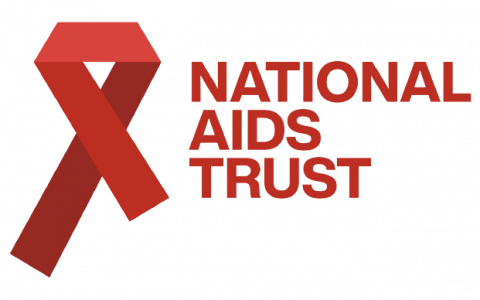Case Study
EU EHLF Discrimination Health Legal Report

The study seeks to identify key relevant policies in place to fight HIV-related discrimination and provide recommendations to further reduce such discrimination.
-
Context
The mission of AIDS Action Europe’s European HIV Legal Forum (EHLF) is to develop effective means of improving access to HIV prevention, counselling and testing, treatment, care, and support for all those who have limited access to HIV services due to legal obstacles.
The EHLF began with a pilot project in Hungary, Italy, Netherlands, Switzerland, and the United Kingdom. The pilot focused on the legal situation affecting access to healthcare of migrants in an irregular situation who are living with HIV. A survey was devised by EHLF partners and rolled out in the partners’ countries. The results provided valuable insights into differences in health systems in the five countries and its effects on access to treatment and services for irregular migrants. By documenting the legal situation, providing a comparative analysis of each country’s laws and how they were applied, the survey report identified good practice and innovative solutions consistent with international human rights, acting as a catalyst for change where practice remains poor.
Following the pilot phase, the EHLF was enlarged and the 2017 report covered 16 European countries legal situation and level of access to HIV- and co-infection services for migrants in an irregular situation.
In the project phase 2018-2019, EHLF partners with coordination from the AIDS Action Europe office produced a 10-country report on HIV-criminalization in European Union countries and another 10-country report on access to HIV-, viral hepatitis-, and TB- services for people in prison and other closed settings.
-
Introduction
The Steering Committee of AIDS Action Europe identified tackling stigma and discrimination as a core thematic area that the network should address and work on during the 2018-2021 strategic period, with a specific focus on healthcare settings.
As long as stigma and discrimination are present in the society, both the global and local initiatives will continue to fail to meet the objectives of reducing new infections, increasing voluntary counselling and testing, having better linkages to care, and increasing the number of people living with HIV whose viral load is suppressed.
“HIV-related stigma” refers to the negative beliefs, feelings and attitudes towards people living with HIV, groups associated with people living with and other key populations at higher risk of HIV infection (e.g. people who inject drugs, sex workers, men who have sex with men and transgender people). It is the prejudice that comes with labelling an individual as part of the HIV+ community.
“HIV-related discrimination” refers to the unfair and unjust treatment of an individual based on his/her real or perceived HIV+ status. HIV-related discrimination is usually based on stigmatising attitudes and beliefs about populations. While stigma refers to internal beliefs and attitudes, discrimination presents itself externally in one’s behaviour.
-
AimsThe study seeks to identify key relevant policies in place to fight HIV-related discrimination and provide recommendations to further reduce such discrimination.
-
MethodTo achieve its goals, the report’s authors compiled findings from 11 European and Central Asian countries to ensure best representativeness of the various epidemiological, political, geographical and economy backgrounds. Namely, these countries are: Czechia, Finland, France, Georgia, Germany, Italy, Kyrgyzstan, North Macedonia, Portugal, Spain, and the United Kingdom.
-
Results
The report highlights, among other things, the lack of appropriate knowledge regarding HIV/AIDS among healthcare professionals, difficulties in proving discrimination in court, and issues with confidentiality of medical data. Non-accessibility of private life and health-related insurance policies is also a current issue in most of the countries. Furthermore, the report highlights country-specific findings, including:
- In 8 of the 11 countries studied, specific constitutional provisions that ensure protection against discrimination of people living with HIV exist.
- All the 11 countries indicated some version of complaint procedures available to people living with HIV who become victims of discrimination in healthcare settings.
- 4 out of 11 countries have a legal obligation to disclose one’s HIV+ status in healthcare settings.
- Discrimination, including the refusal of care, still persist in all countries, although the tendency is decreasing.
In the 7 EU Member States, the processing and protection of personal data are regulated by the EU General Data Protection Regulation (GDPR), which is directly applicable. North Macedonia and the United Kingdom have legal framework aligning on the EU GDPR, while Kyrgyzstan and Georgia have specific national provisions.
-
Recommendations
- Ensure that the national anti-discrimination legal framework includes protection of people living with HIV against discrimination explicitly, or by including protected characteristics that clearly include HIV.
- Abolish the requirement to disclose one’s HIV+ status in healthcare settings.
- Maintain data protection and privacy in all sectors of the healthcare system. Ensure sufficient education and training of healthcare staff regarding confidentiality of sensitive personal data.
- Ensure sufficient education and training of healthcare workers in order to increase knowledge and understanding of the HIV infection.
- Ensure enforcement of anti-discrimination legislation.
Make people living with HIV aware of their rights and provide empowerment in order to seek available remedies if their rights are violated.







